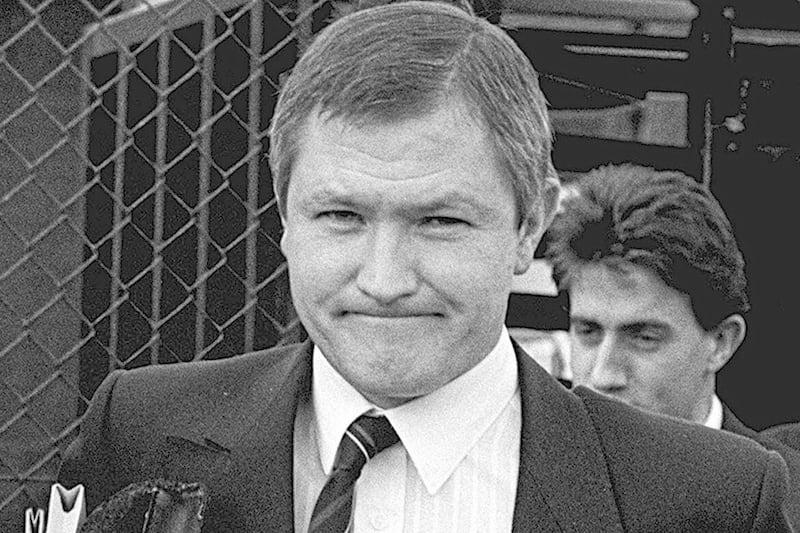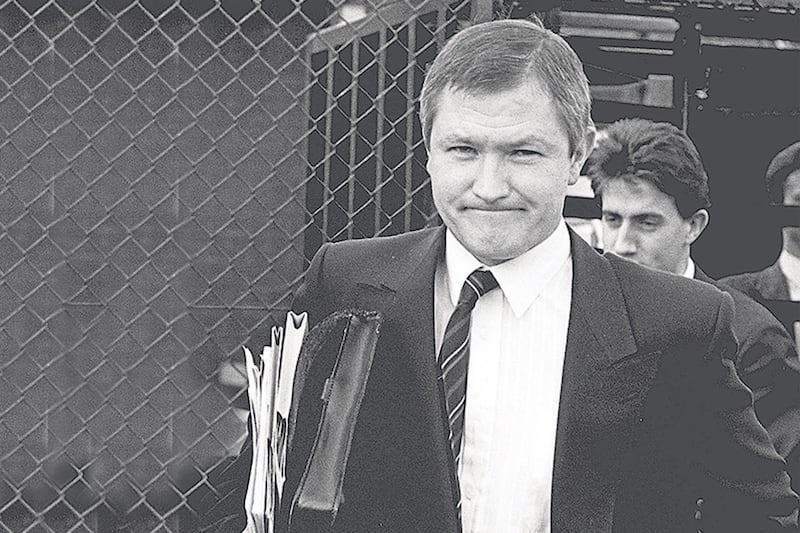THE passing of former Canadian Supreme Court Judge Peter Cory has been noted with genuine sorrow by many in Ireland, including myself.
He played an important role in the peace process and left memories of a genuine and humane individual.
Cory came to our shores to assist in resolving one of the thorniest issues in the conflict.
When a new policing dispensation was devised post the Good Friday Agreement, including the transition from the old RUC to the new Police Service of Northern Ireland (PSNI), the matter of disputed killings remained unresolved.
These were killings where there was credible evidence of state involvement and collusion with paramilitaries.
The new PSNI would never be fully accepted while this festering wound remained untreated.
The most prominent of these killings involved the murder of defence lawyers Pat Finucane and Rosemary Nelson.
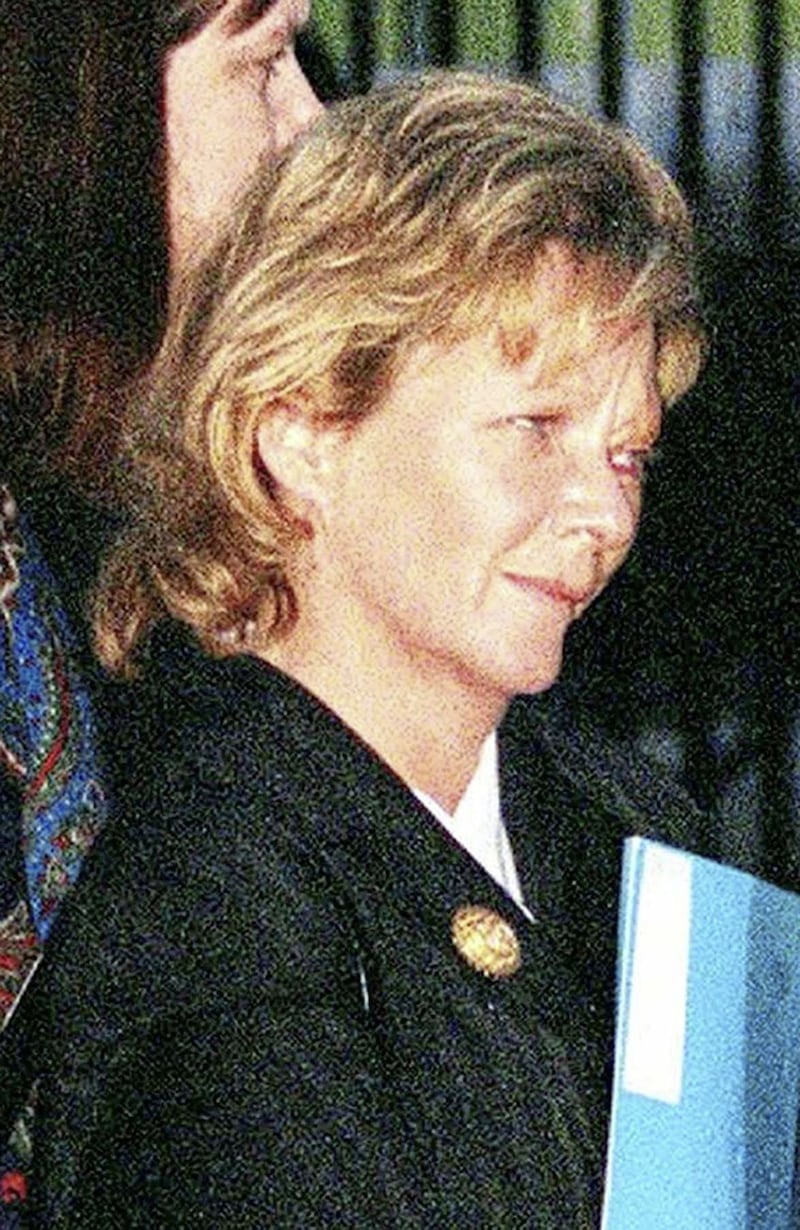
Six cases were selected, including these two, to be examined by an independent international judicial figure.
These six cases were emblematic of a whole range of murders and involved individuals on both sides of the communal divide.
When the British government suggested Peter Cory, there was genuine surprise and welcome on the Irish side.
Even the most cursory research showed that he was a man with a proven track record of upholding human rights and had been a leading judicial figure in utilising the Charter of Rights and Freedoms in the Canadian Constitution.

Right from the start, Cory was very insistent in remaining independent of both governments.
He demanded the right to appoint his own supporting staff, access to all papers and that his report would be published.
He later stated that he looked British Prime Minister Tony Blair straight in the eye and asked for a categorical commitment that all papers would be made available.
Once a figure of Cory’s stature was on board, it was possible to move the process forward. This greatly helped the overall momentum for reform and the creation of a police service which would have the support of the entire community.
Cory operated from two offices, one in Belfast and another in Dublin. He later told me that while in Dublin he manage to locate the house from where a previous generation of his family had migrated to Canada.
He never spoke publicly about his Dublin connections while in Ireland for fear of compromising his investigation.
When he completed his report on the cases, there were attempts by some security elements in Britain to redact parts but Cory was adamant that he had been assured of uncensored publication and if his report was unfairly doctored, he would publish it himself.
Eventually a mutually acceptable version was published.
Cory found that five of the six cases merited full public enquiries.
I spoke to members of several of the victims’ families after the report came out. I had been tasked by the Irish government to press all the families involved to accept the findings.
All those I met regarded Cory highly and mentioned the compassion and understanding he displayed in his encounters with them.
I remember the late David Wright, father of loyalist Billy Wright, being very impressed. The respect was mutual because Cory later told me in Canada that the sincerity and dignity of the victims’ families also left a deep and lasting impression on him.
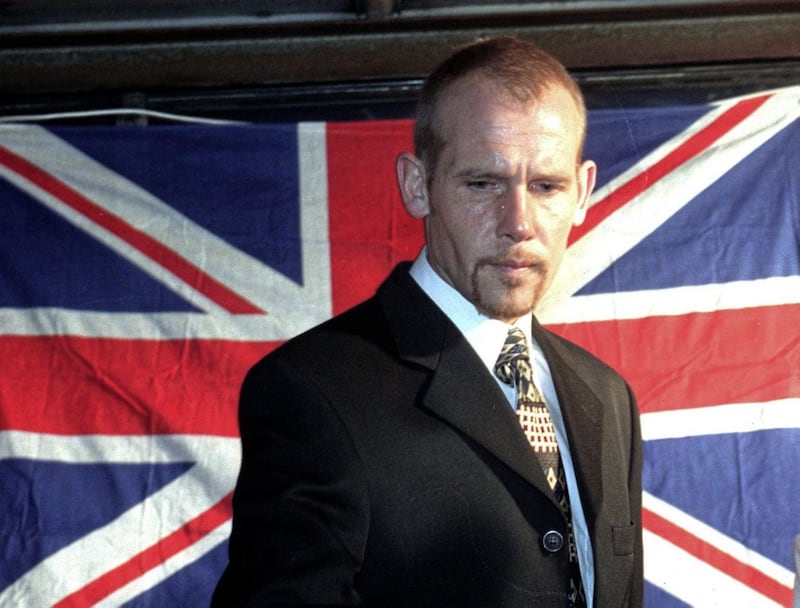
I met him in Toronto soon after British prime minister David Cameron confirmed that there would be no public inquiry into the Finucane case.
Cory was in ailing health at the time but still able to articulate his disappointment, although he told me he was not really surprised.
The material on the files which he reviewed was “pretty bad”. As always, he was the perfect gentleman on that occasion.
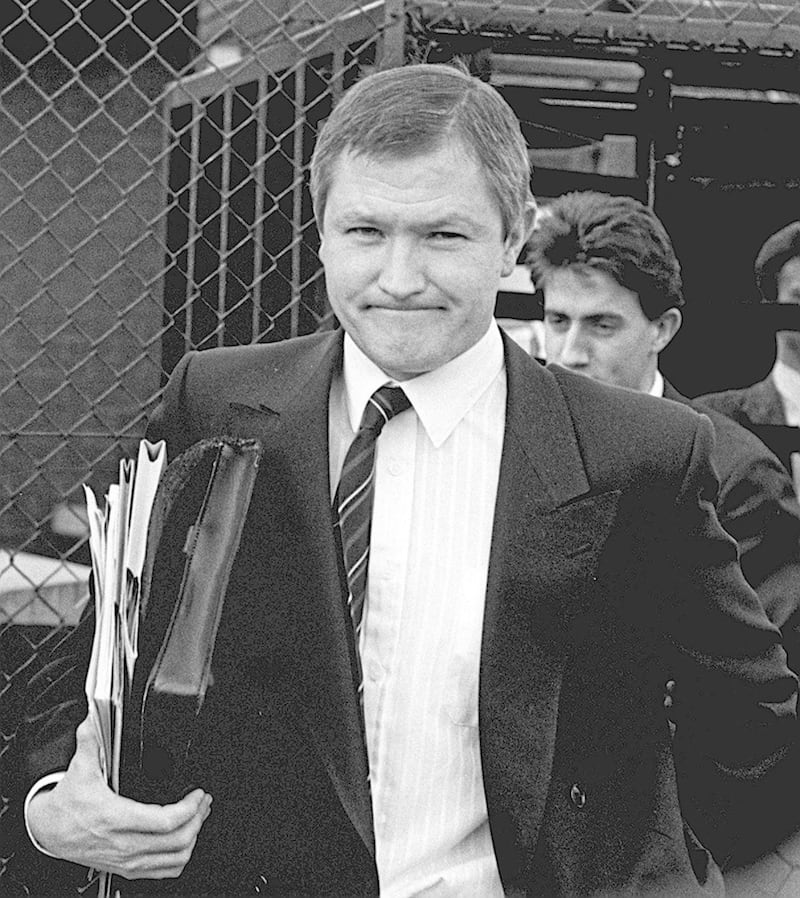
Peter Cory, who died aged 94 on April 7, was part of an extraordinary Canadian contribution to resolving the conflict in Northern Ireland which also included General John de Chastelain, Judge William Hoyt of New Brunswick, Al Hutchinson of the Royal Canadian Mounted Police and many others.
Ireland owes them a debt of gratitude.
Ray Bassett



